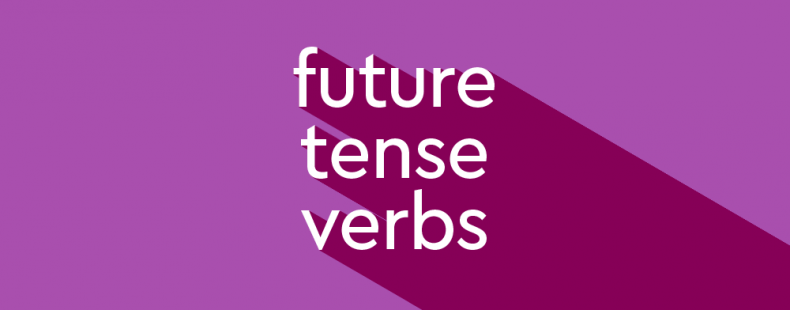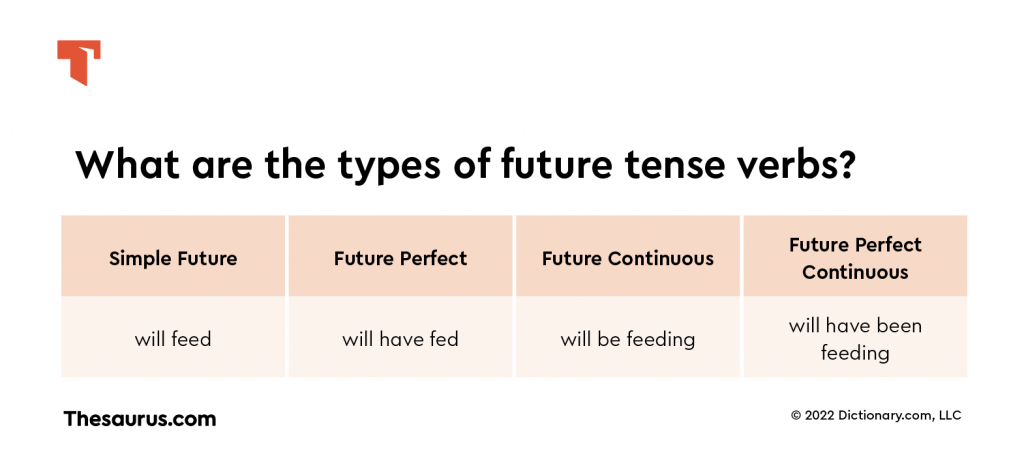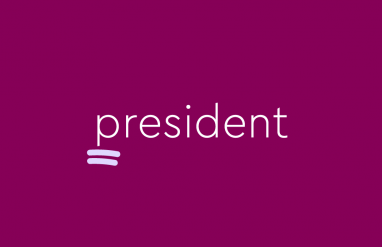Erica has big dreams for the future. She will write lots of catchy songs that music lovers will be enjoying for years to come. By this time next year, she will have created the next huge pop hit! The next time you hear about her, Erica will have been entertaining people all over the world with her incredible music. Sounds great, right? There is just one small problem: she will need to learn how to play an instrument first! For now, let’s put Erica’s dreams on hold and look closer at all of the verbs that were used to tell you about all of the actions and states that are (definitely!) going to happen to Erica in the future.
The sentences that told about Erica’s dreams use several different verb tenses to describe the future. However, you don’t need to be able to see the future to learn a lot more about future tense verbs, the helpful verbs we use to refer to events that will happen in the time yet to come.

What is a future tense verb?
Future tense verbs, as their name suggests, tell us that an action or state will happen in the future. We can use future tense verbs to both refer to events that we know will happen and events that we think will happen. Depending on the sentence, you can also use future tense verbs to say that something that is happening now or has happened in the past will happen again in the future. While all future tense verbs are concerned with time yet to come, they can serve a variety of functions. Some of the reasons we use future tense verbs include:
- State that an action/state will begin and end in the future
- Express a belief that something will happen in the future
- Say that an event will definitely happen in the future
- Ask questions about the future
- State that an action/state will continue for a length of time in the future
- Say that one future action will happen before another one
- Explain that one future action/state will cause another to happen
- State that a future event will be in progress when another event happens
The four types of future tense verbs
In total, we use four different types of future tenses in our sentences. Here we provide names and examples of each type of future tense.
Simple future tense
- I will go to the beach.
- My friends will join my baseball team.
- Brianna will feed her cats later.
Future perfect tense
- She will have finished her test before lunchtime.
- By next week, I will have paid my debt.
- If all goes well, we will have found the pirate’s treasure before anyone else.
Future continuous tense
- We will be hiking all day tomorrow.
- I will be waiting in the car while my sister shops.
- The sheep will be grazing in the meadow while the dog guards them.
Future perfect continuous tense
- By the time the sun rises, we will have been working for hours.
- Hopefully, I will have been making good progress on these chores when you come over to help me.
- If she keeps at it, Angela will have been researching Egyptian ruins for 20 years by the time she turns 40.
Simple future tense
The simple future tense uses the auxiliary verb will followed by the root of the verb. We use the simple future tense for a variety of reasons:
A state/action will begin and end in the future:
- Nicki will sing at the concert.
- Scott will give me a ride to the airport.
Making predictions or guesses about the future:
- I think it will rain tomorrow.
- He said that my uncle will visit us tomorrow.
Asking questions about the future:
- Will we win the game?
State facts about the future:
- The sun will rise in the east.
- Halloween will be on a Saturday this year.
Future perfect tense
The future perfect tense uses the phrase will have followed by the past participle of the verb (for regular verbs, ending in -ed, -d, or –t). We use the future perfect tense to say that a state or action will be completely finished before a certain time or before another event happens. For example:
- Nate will have published two books before the age of 18.
- Hopefully, we will have set up the surprise party before two o’clock.
- Unless something goes wrong, I will have finished my essay long before it is due.
Future continuous tense
To form the future continuous tense, we use the verb phrase will be followed by the present participle of the verb (ending in –ing). Typically, we use the future continuous tense to say that a future action or state will continue to happen over a length of time. For instance:
- Unfortunately, I will be grading final exams all day tomorrow.
- According to the weatherman, it will be snowing all of next week.
- Miranda can’t come to the movies with us because she will be visiting her grandparents.
Future perfect continuous tense
The future perfect continuous tense uses the phrase will have been followed by the present participle of the verb (ending in –ing). In general, we use this verb tense to say that a future action or state will have happened for a length of time before some other event interrupts it or ends it. For instance:
- If all goes as planned, I will have been practicing my dance routines for weeks by the time I have to perform.
- Morty will have been working on his science project for a while when Rick stops by to help him with it.
- Hopefully, we will have been helping most of the prisoners escape before anybody figures out what we are doing.
We predict perfect grammar in your future!
Improve your writing with Thesaurus.com’s Grammar Coach™, which catches grammar and spelling errors and provides Thesaurus-powered synonym suggestions. Using machine learning, this tool can spot the difference between the different verb tenses, making sure you’re using them correctly—and much more! Whether you’re writing in the past, present, or future, perfect grammar has never been easier.
Check out how sharp your future tense skills are with this quiz!















